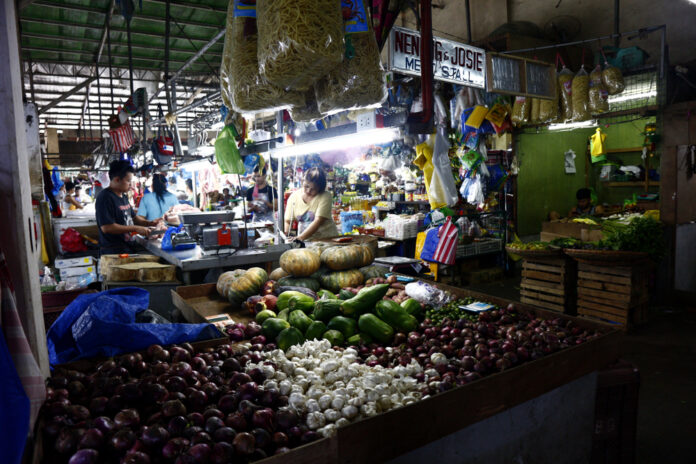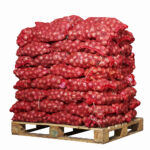Several local agri stakeholders, led by food security and livelihood advocacy group, Tugon Kabuhayan, said the government should tap the private sector to help stop the smuggling of food products which has adversely affected local production and has kept food prices high.
Citing data as of late December 2022 from the Bureau of Customs (BOC), Tugon Kabuhayan said the estimated worth of apprehended and detected agricultural products smuggled into the country in 2022 reached P1.2 billion.
Jon Santos, Association of Fresh Fish Traders of the Philippines president, said in an online briefing on Monday that private sector stakeholders facing the problem of smuggling every day, must also be involved in the enforcement of anti-smuggling laws.
“We all know that if it is being talked about, smuggling disappears but returns when it becomes forgotten. There should be a system where us stakeholders will have an involvement in the enforcement of laws to have consistency,” Santos said.
Asis Perez, Tugon Kabuhayan convenor, said the Department of Agriculture is set to file several cases against suspected smugglers within this week.
“The problem now is that the group that goes after smuggling is ad hoc, without personnel. We support the institutionalization of Assistant Secretary James Layug’s inspectorate and enforcement group in the DA,” Perez added.
Perez said the continued smuggling of onions, rice, corn, sugar, carrots, fish, and pork has immense impact not only on farmers and fisherfolk but on food security itself.
The persistent entry of these undocumented products threaten the economy in terms of revenue loss and untaxable commodities, he quickly added.
Leonardo Montemayor, Federation of Free Farmers chairman, said chronic smuggling of food products also threatens Filipino consumers, noting that animal and plant diseases that have plagued the country were most likely due to unregulated importation.
“The problem of smuggling is very widespread especially for the case of onions… With special attention to digitalization and electronic technology, we can help deter and intercept smuggling. On the prosecution side, all those intercepted must be immediately filed with charges,” Montemayor said.
As for Elias Jose Inciong, United Broiler Raisers Association president, the Agriculture and Fisheries Modernization Act of 1997 and its provisions on data and quarantine, must be strictly enforced by putting in place a system.
“The national information network, together with the inspection and quarantine system, can be used to interdict and combat smuggling and anti-fair trade. Until now, there are many misunderstandings because of wrong data. It is hard to locate the problem if there is no data. We need an information data system and inspection areas to combat smuggling,” Inciong said.
Inciong he stressed there must be transparency of information and a monthly comparison of data for importation to vet records from the BOC and discover discrepancies between the volume recorded and the volume actually arriving in the country.
Inciong also said that by making the local agricultural sector more competitive, the “incentive to smuggle” will also be removed.







